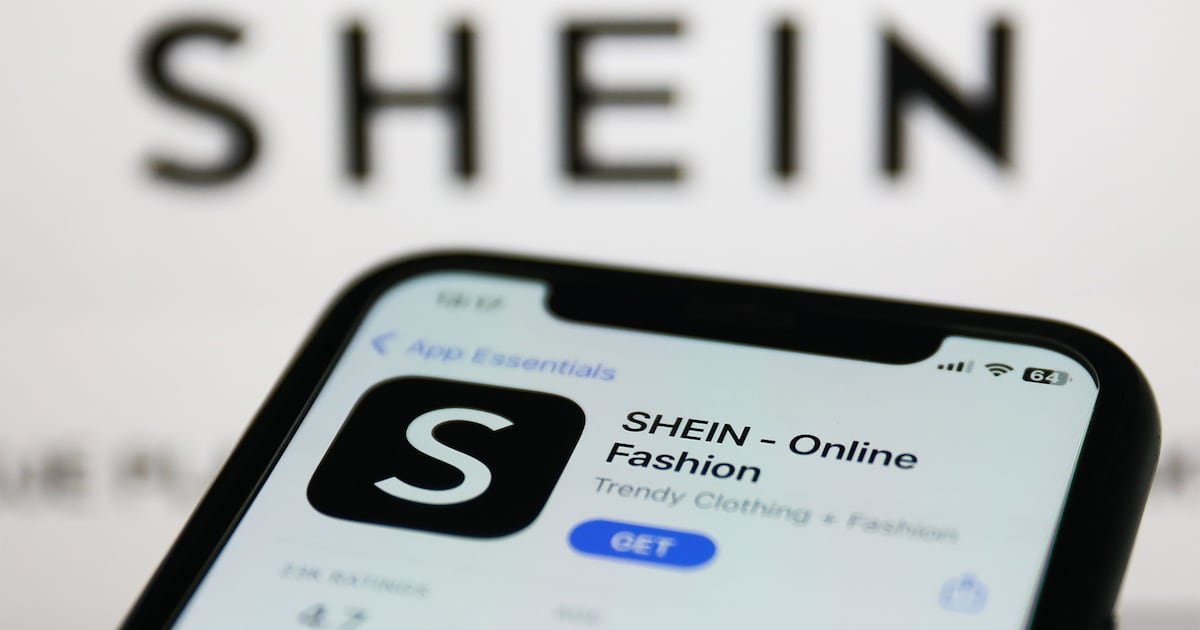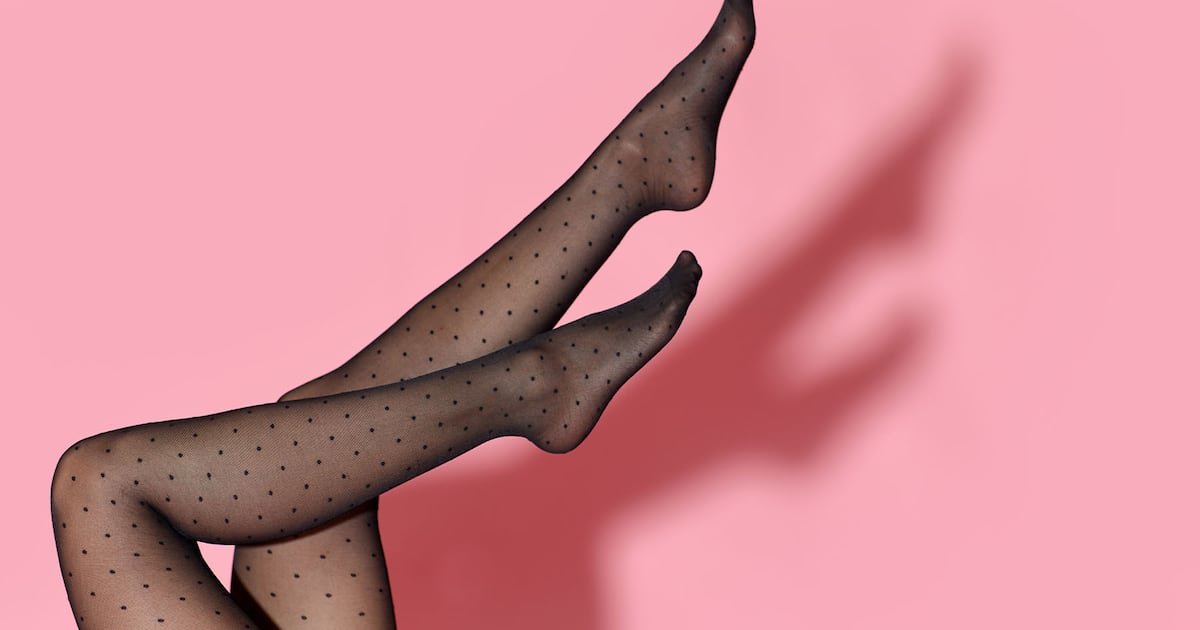
Burberry Group Plc shares surged after a pickup in US demand boosted the trench-coat maker’s results, raising investor hopes for a luxury-market recovery.
Retail sales fell 4 percent on a comparable basis, Burberry said in a statement Friday, better than the drop of almost 13 percent forecast by analysts. Sales in the Americas unexpectedly climbed, while China fell less than estimates.
Chief executive officer Joshua Schulman, who joined the company in July, vowed to overhaul the label and return it to its roots in recognisable outerwear, including its £2,000 ($2,480) trench coats. Burberry had struggled as his predecessor tried to push the brand further upmarket and expand its offerings into high-end handbags.
The British group’s latest performance, showing glimmers of improvement, follows strong sales last week from Cartier owner Richemont, underpinning hopes that luxury demand may have bottomed out. All eyes will now turn to LVMH Moët Hennessy Louis Vuitton SE, the largest luxury group, which reports earnings next week.
Burberry shares rose as much as 17 percent, the biggest gain since November, bringing the increase this year to 25 percent. That’s after shares fell by more than half over the previous two years. Rivals such as Gucci owner Kering SA, LVMH and Moncler SpA also climbed.
Results in the second half of Burberry’s financial year, which ends in March, may offset the loss in the first half thanks to the performance over the holiday period, the company said Friday. Demand in the US was particularly strong in New York City after the reopening of a flagship store on 57th street, Schulman told reporters on a call.
Still, the label warned the economic environment remains uncertain and that its transformation is in the early stages, with much more to do.
“We view these results as a first (and early) step in the right direction,” wrote Piral Dadhania, an analyst at RBC Capital Markets, who said promotional activity during the quarter certainly helped.
Indeed, Burberry slashed some product prices by as much as 50 percent during the festive season, prompting concerns by Barclays that the discounts could hurt its cachet among shoppers.
The impact of markdowns was limited during the period, representing less than 2 percentage points of the quarterly performance, Chief Financial Officer Kate Ferry told reporters. Demand for scarves, which weren’t on sale, was particularly strong, she explained. Burberry has been using limited discounts to clear out old inventory, a decision announced in November.
“Burberry’s efforts to clear out inventory through substantial discounts have helped boost sales and manage stock levels effectively,” said Mamta Valechha, analyst at Quilter Cheviot.
Luxury labels have been performing unevenly since the end of the post-pandemic boom, when consumers splurged on everything from Louis Vuitton bags to Rolex watches. The past two years have proved tougher, especially for firms like Burberry that rely on less wealthy, aspirational customers.
Even the exclusive Chanel is showing signs of weakness, cutting 70 jobs in the US after it warned of a tougher trading environment.
By Angelina Rascouet
Learn more:
Moncler Not in Talks to Take Over Burberry, Sources Say
Burberry CEO Joshua Schulman is expected to announce a strategy update after the brand suffered significant sales declines when it reports results on Thursday.



